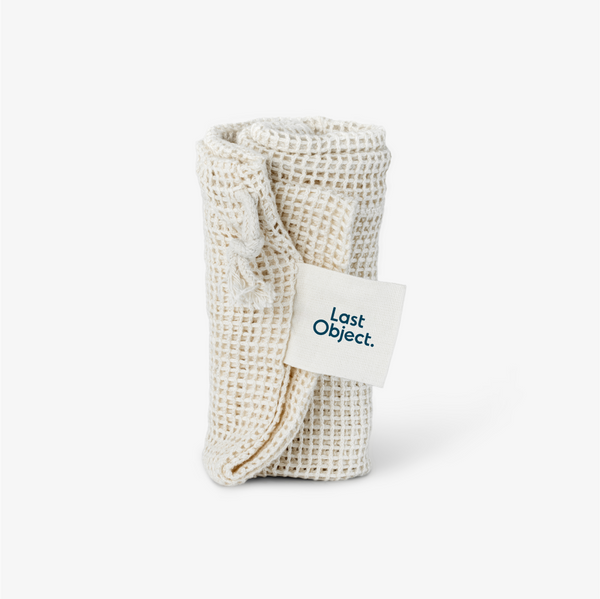The Environmental Footprint of Single Use Masks
15 02, 2020The health of our fellow populations should always be a priority, and us wanting to protect others health along with our own, is a great thing.
We have seen some amazing environmental benefits from much of the world slowing down, but what about the added environmental detriment from the Coronavirus?
Based on the title, you can probably guess what aspect of the coronavirus response we will be talking about today:
🎭Masks!😷
Sadly, many of us have probably seen them become a new common type of litter on the side of the road, on the sidewalk, or even in natural environments.
Much like all other single use items, disposable masks are no exception when it comes to environmental degradation and pollution. So let’s talk about some of those.
Emissions

Of course it’s been beautiful to see the decreased air pollution due to the slowing down of manufacturing, driving, and flights. But additional (and most importantly unnecessary) pollution has also come from the pandemic, or more specifically from the manufacturing of masks being ramped up.💨
📈4.2 Billion masks are used and disposed of every single day, according to a BBC report.
And according to Ecochain, a common cloth mask is said to have a footprint of .06 kg of CO2, or simply 60 grams. Assuming all masks are a common cloth mask, at .06 kg per mask, that would equal 252,000 TONS of CO2 per day.
Woah.
Based on Ecochain’s numbers, they put the N95 mask at .05KG of CO2, so the total CO2 would be less for these. And we can maybe assume disposable single use surgical masks are right around either .05 or .06KG.
The point being, even if surgical masks have a smaller footprint, or even if we are producing fewer masks than some reports are saying, that footprint is still too much since they are unnecessary for the general public. Unnecessary because they are single use. We can, if not under regulation in hospitals and the health field, choose reusable masks.
Resource demand

And emissions aside, every single product that is created demands resources. Single use masks usually use a few different ingredients including cotton and synthetic materials made from plastic.
The plastic materials obviously being the bigger problem here because of the inability for them to break down quickly, while also contributing to an unsustainable resource like oil.🛢
Both cotton and plastic have a footprint, and the problem isn’t so much that these materials are being used as is the fact that they are being used in an unnecessary and single use way.
Masks are just another form of trash

In a plea to the French government, and explained in this article from The Guardian, it’s said that there will soon be more masks floating in the Mediterranean than jellyfish.
All over the world masks are appearing in overstuffed trash bins, on the sidewalk, in the street, and therefore on the beaches, in streams, and oceans.
Single use masks are not biodegradable, which means if they aren’t removed from the environment they will be there for (give or take) 400 years, based on the traditional breakdown of most plastics.

So of course, we should be disposing of masks properly when they are used, but even that isn’t the best, since they could still end up in the environment. Plus, the pollution has already been created from simply making the mask in the first place.
Once again, as we’ve seen over and over with combating single use, the best thing to do is to reduce our consumption by opting out of single use and opting in for a reusable option.
Those in the medical and health fields use single use masks out of the need to be sanitary, but that’s a different story. Most of us are in a position to be instead using reusable and more sustainable masks.
It’s interesting to see how quickly we have forgone our zero waste and sustainability principles when times get tough, AKA: when a pandemic strikes. But there can be a beautiful balance between finding solutions that protect people and protecting and continuing to implement sustainable practices.
MORE Sustainability 101 ARTICLES View all ›
Ready to make
the switch?
- Powerful Cleaning
- Dissolves Easily
- Skin-Friendly
- Eco-Friendly
- No Mess















